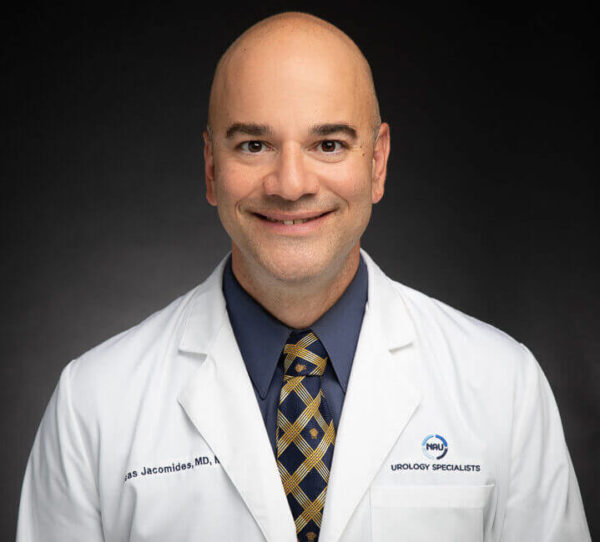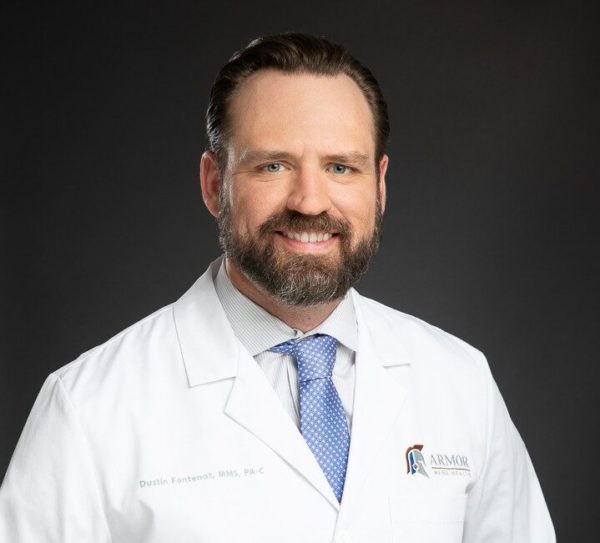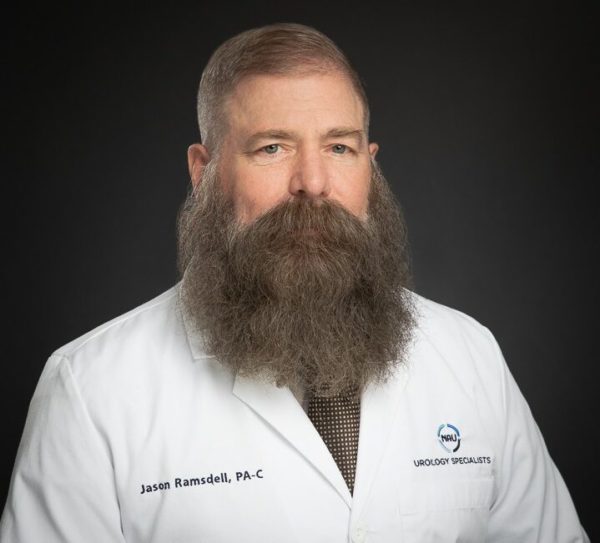Based on the stages of Prostate Cancer, what are the treatments?
Stages 1-2 you can go with radiation or surgery. Further on in stages, you have metastatic prostate cancer, then taking it out isn’t a solution. Then it’s hormone therapy: Androgen Deprivation Therapy (ADT).
What percentage of patients get some form of ADT?
The best numbers I’ve found are percentages. Looking through the database about 79% in the U.S. between 2007-2013 of Prostate Cancer diagnoses were stage 1 and 2, about 12% were stage 3, and 5% were stage 4, or metastatic. So, probably about 17% would get some sort of ADT long term. Out of the of stage 1 and 2, around 48% would have some ADT as well.
That 48% are not getting permanent castration, but temporary castration. For how long?
It makes sense to define what castration is. Castration is making the testosterone level castrate level. Normal testosterone is about 300 to 800 milligrams per deciliter. A castrate level of testosterone is about 40 milligrams per deciliter. Any way to do that is castration. One way is with medication. What they do is they alter the signals in your brain and in your testicle that makes it go down to castrate level. The other way to do it is surgically by removing the cells in the testicles or the testicles themselves to remove the production of testosterone.
I had a choice to either take the chemicals for the rest of my life or rip the band-aid off and have my testicles removed. For me, it seemed like a pretty obvious choice, what is the long-term effect of the ADT. If I took them for 5 years, would I get restored function of my testicles?
A lot of the time, yes. Those medications affect the signals, so as long as the signals are still working it would come back, but it doesn’t always occur.
If it’s signal blocking, is it a situation of “if you don’t use it you lose it?”
Yes, it could be a lot of different parts of the signaling. It could be the pituitary gland, it could be the signals in the cells don’t respond or atrophy. It is still a small percentage of people that this happens to.
Let’s talk about side effects and general issues of people dealing with prostate cancer. We’re talking about surgical castration to understand the extreme situation.
Everyone who gets castration whether with shots or surgery does have the potential for all the same side effects. Do you mind sharing the side effects you have?
I figured out very early on that you have to face this and you don’t have to hide it. My side effects are losing secondary sex characteristics, like body hair, no follicles. Growth of breast, hips are broader. For me is that it’s not a big deal.
The real side effect was mental and emotional. A very significant mental shift occur. It took months for me to process and understand it. The feelings I had when I thought about sex, were not the same as before. Sex scenes have no effect. I was worried about it , but then my little brother had the exact same experience with the shot.
I’m surprised with how much you complained about the hot flashes that you haven’t mentioned them.
Even in the winter I would have strong hot flashes, but it’s nothing compared to everything else. I’ve treated it with progesterone. I have no hot flashes when I take it.
How does that compare with the rest of your patients?
I think you checked the box of almost all of the side effects of these treatments. There are a lot of commercials for Low T. When you have castration, medical or surgical, you get the same symptoms of low testosterone. Low libido, low sex drive, lethargy, starting to get into some of the same symptoms that you have. When you are castrated you have all of those symptoms at the outset.
Transgender patients go through chemical or physical castration before sexual reassignment surgery.
There is a period of time they have to be on blockers before this. There is a protocol that they have to follow to get doctors and counselors to sign off. Why is that and why isn’t there anything like that for people with prostate cancer who are going through this?
We want to make sure we are treating the patient appropriately. We want to make sure that before we do something permanent that everyone understands the long-term side effects. Blockers work different amounts of time for everyone. They are different injections that should work for 1 month, 3 months or 6 months.
There is such a marked difference between the permanent castration chemically versus surgically castrated. Yet, it’s the same experience. I think not having anything “downstairs” makes a difference psychologically. Is that right?
That’s right. Before these blockers were invented, one would have to get surgical castration. Part of the reason that these blockers did so well and made a difference for pharma companies, is that it’s easier to tell someone that you have to get a shot every six months rather than we have to do surgery to remove your testicles.












